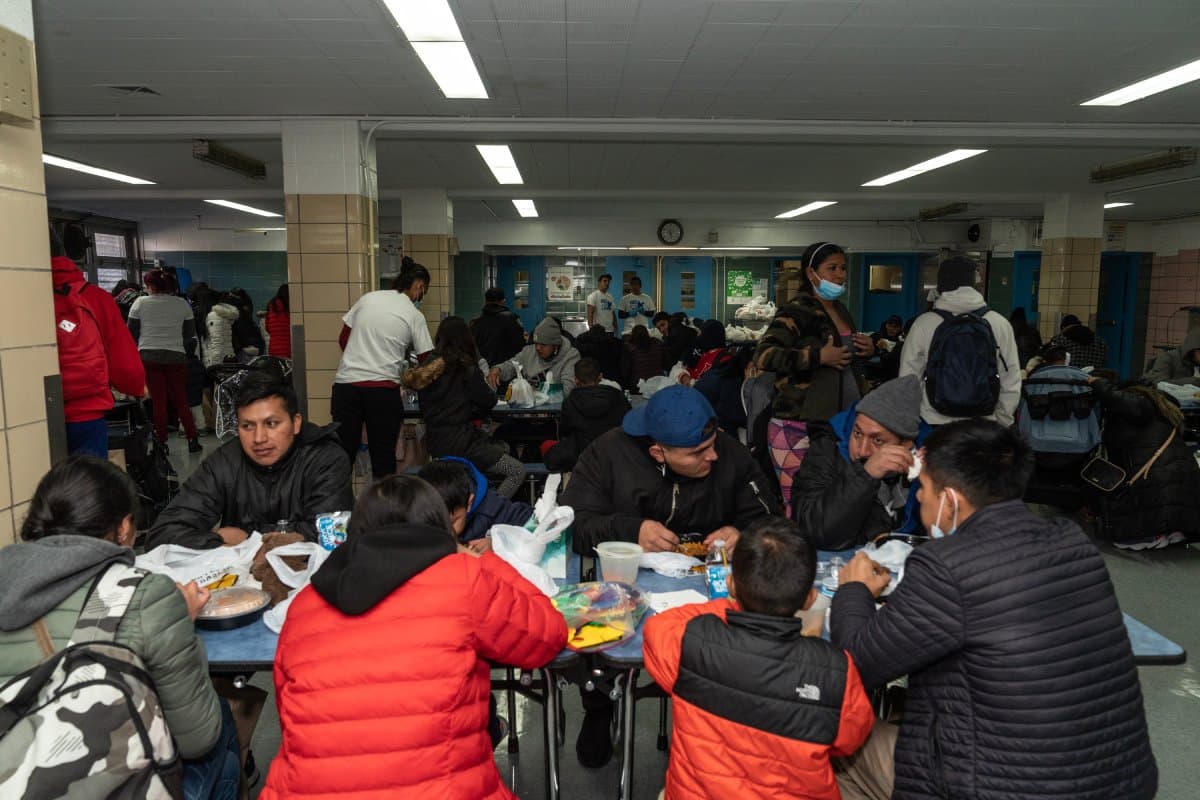In response to the significant increase of migrants in New York City, Governor Kathy Hochul has unveiled an ambitious $2.4 billion proposal to enhance state support. This plan forms a critical part of the governor’s broader $233 billion budget strategy, marking a key moment in New York’s legislative process.
Migrant Issue Front and Center
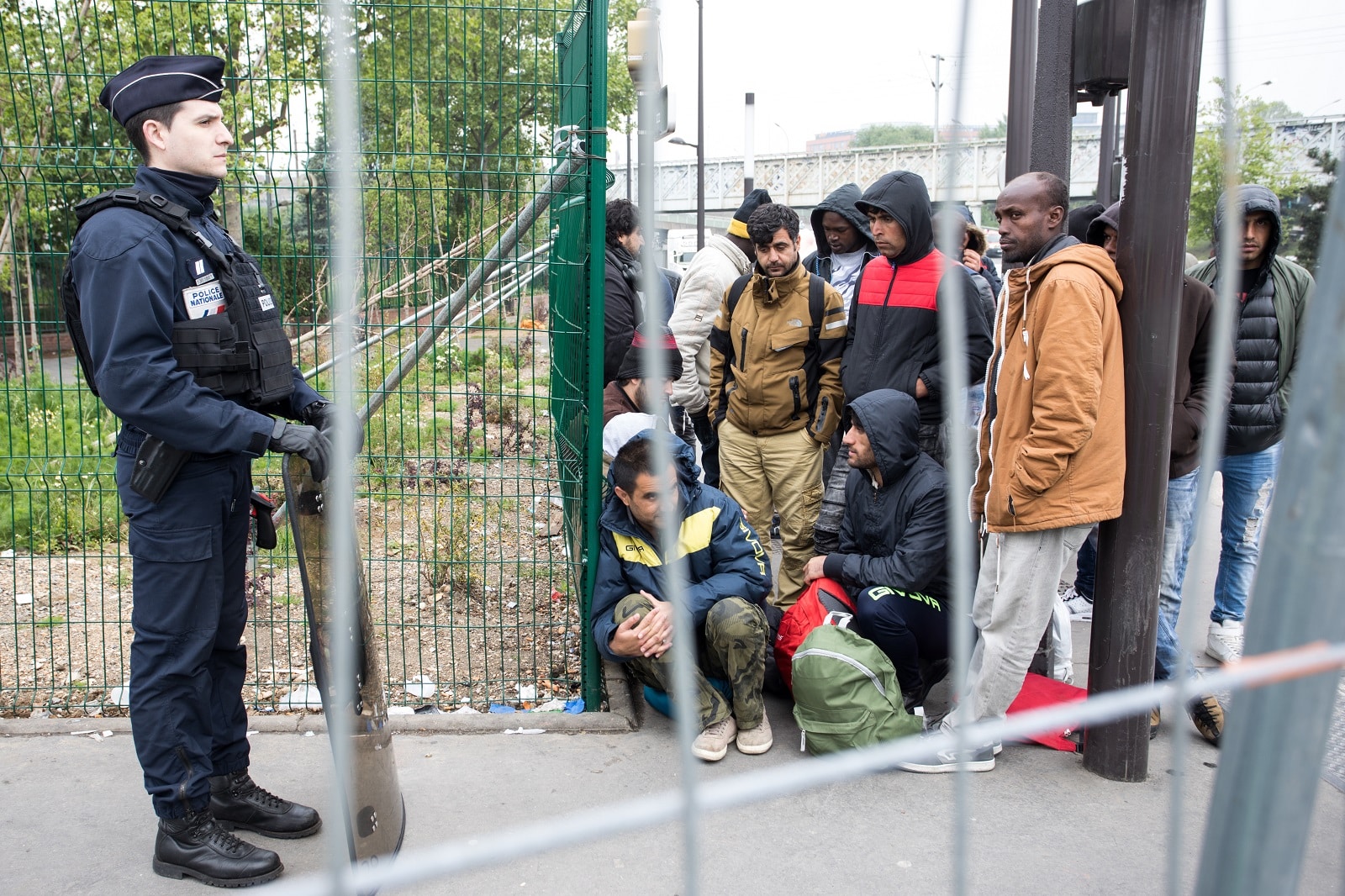
Governor Hochul’s decision to allocate substantial funds towards migrant assistance was not initially evident in her State of the State address or policy plan. However, the recent announcement underlines the seriousness of the situation, with approximately 70,000 migrants currently under the care of New York City.
Broad Spectrum of Support

The proposed funding is aimed at providing a range of services, including shelter, legal assistance, and healthcare. These measures seek to offer a comprehensive support system for asylum seekers while addressing the broader implications for New York’s public services and business environment.
Economic and Quality of Life Considerations

Hochul emphasized that the initiative is not just about doing right by the migrants and the city but also about maintaining New York’s appeal to businesses. She stated, “We also know that companies won’t do business in New York if there are thousands of people sleeping on the streets, or the quality of life is dramatically impacted because the city is forced to cut essential services.”
Political Implications
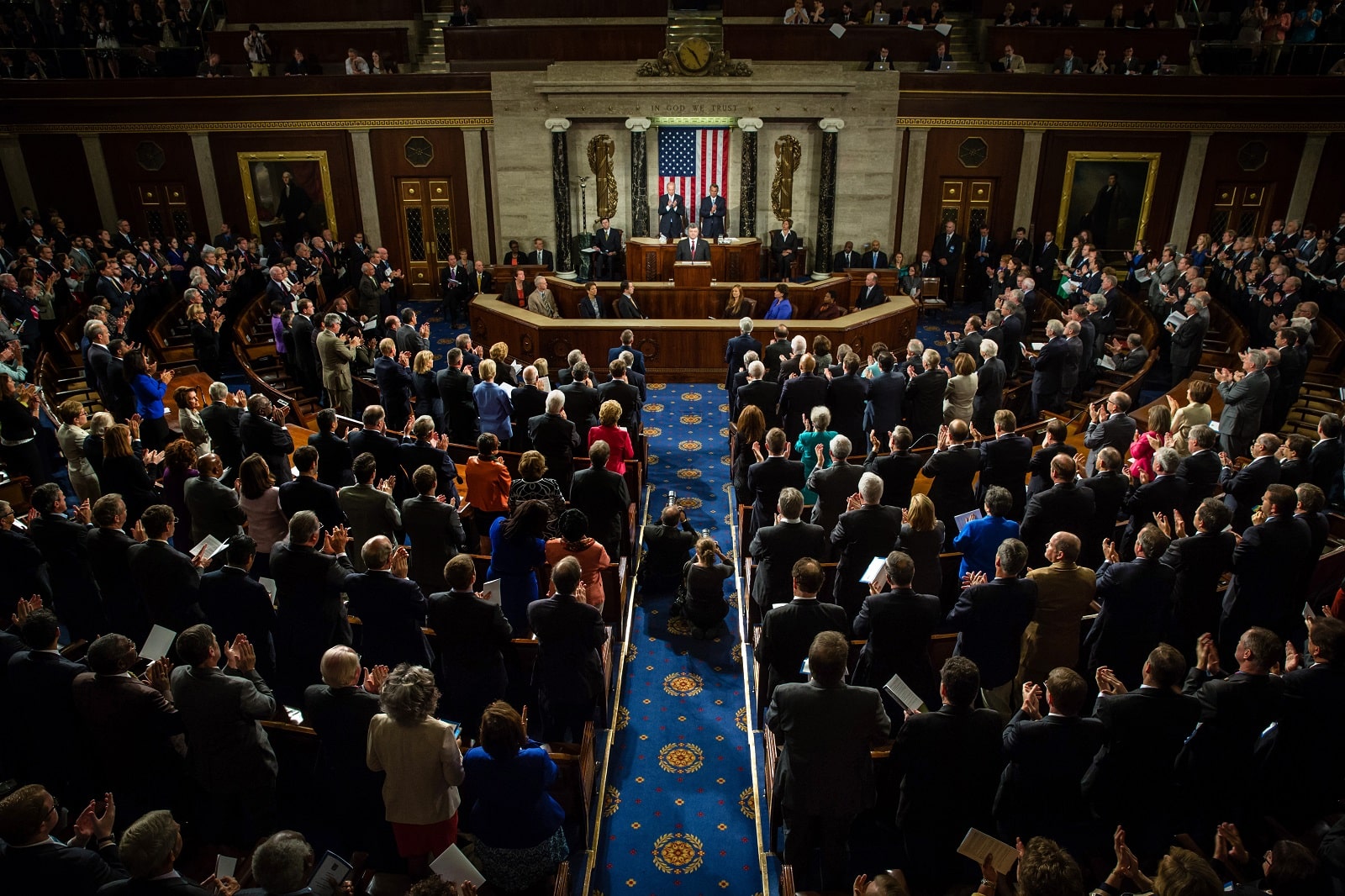
The migrant issue holds significant political weight, particularly with upcoming congressional races. The Democratic Party, currently facing criticism from Republicans over federal immigration policies, sees this as a pivotal issue that could influence control of the U.S. House.
Republican Response
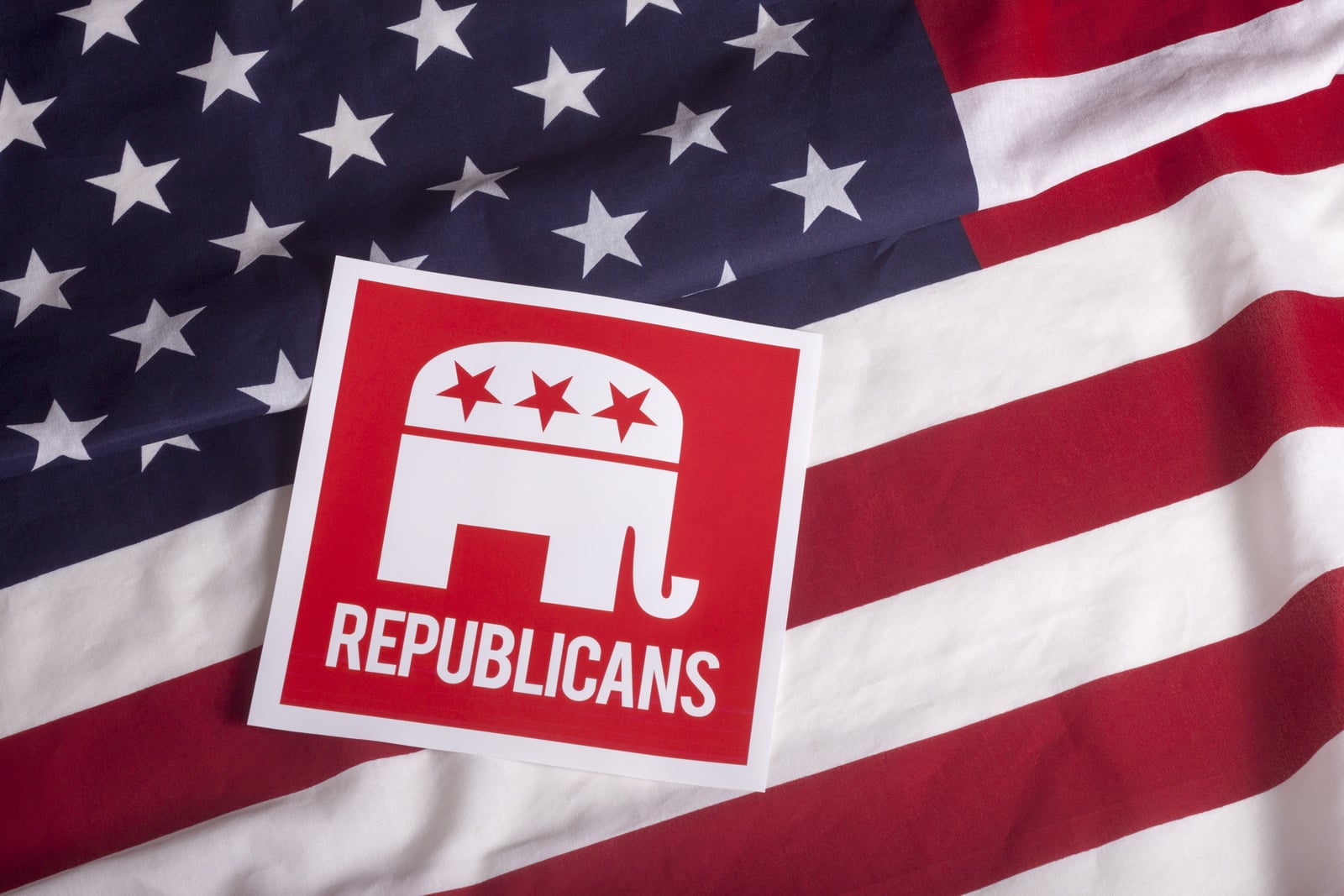
The Republican perspective, voiced by Assembly Minority Leader Will Barclay, expresses dissatisfaction with the current federal administration’s handling of the border crisis and the resultant financial implications for the state.
Utilization of Funds

Hochul’s plan delineates the use of the $2.4 billion for diverse purposes, including emergency housing, healthcare, and legal aid. These resources aim to assist migrants in navigating the asylum and work-permit processes.
Federal Involvement Sought
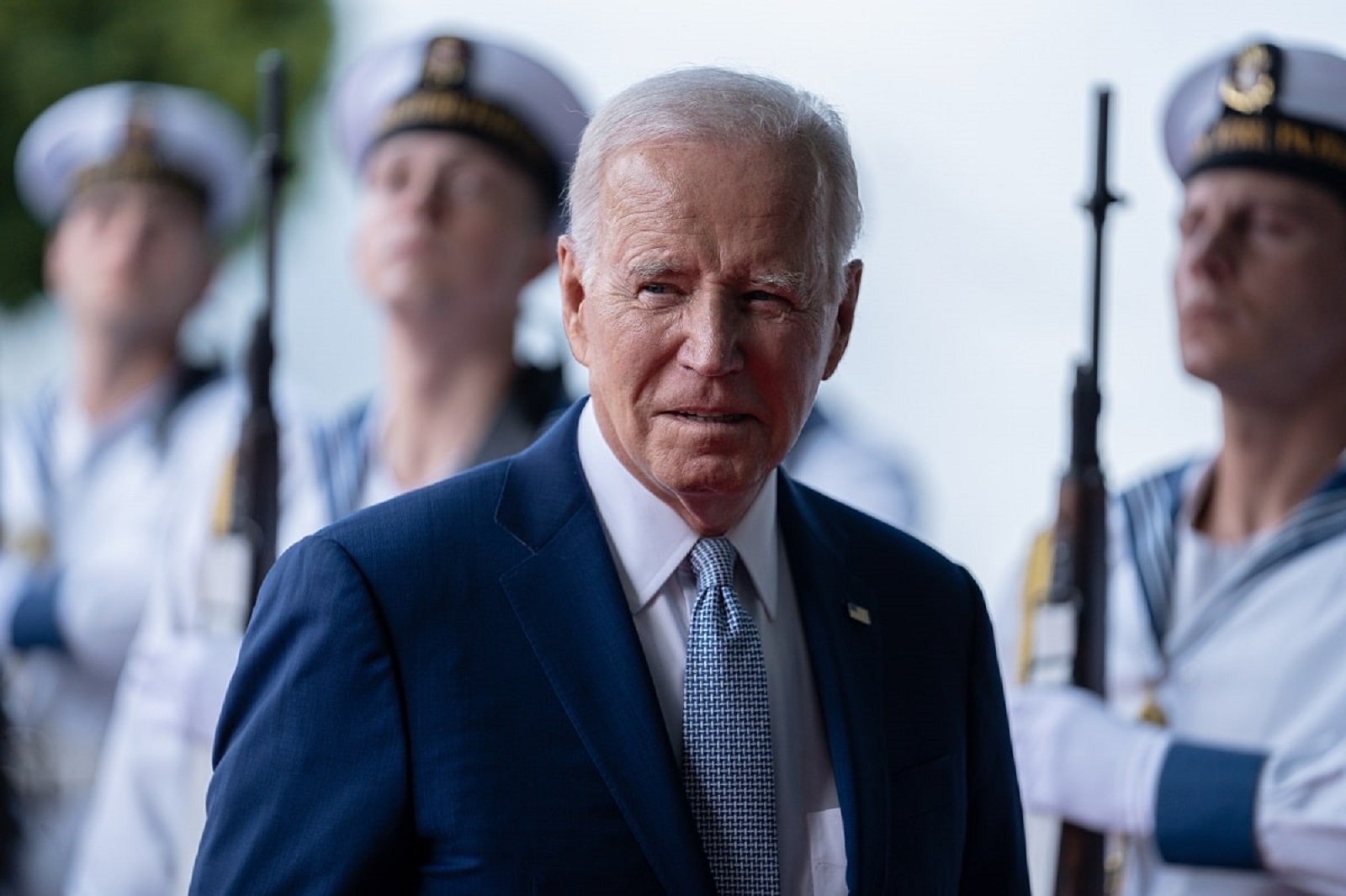
Acknowledging the necessity of federal intervention, Hochul has planned discussions with the Biden administration. She remarked, “Until we see a change in federal policy that slows the flow of new arrivals, we’re going to be swimming against the tide.”
Broader Policy Context

Alongside the migrant issue, Hochul’s budget proposal addresses various state needs. This includes substantial investments in education, Medicaid, and initiatives to combat retail theft.
Educational Investments

The governor’s commitment to education is evident in her request for $35.3 billion, aiming to expand universal prekindergarten programs statewide.
Retail Theft Concerns

In response to increasing retail theft, a $40 million plan is proposed to bolster security and enforcement measures.
Medicaid Expansion

Reflecting the growing demand for healthcare services, Medicaid funding is set to increase to $35.5 billion, a notable rise from the previous year.
Budget Deadline Approaches

With an April 1 deadline, the proposed state budget now enters a critical phase of negotiation and decision-making, impacting various sectors across New York.
Humanitarian Perspective
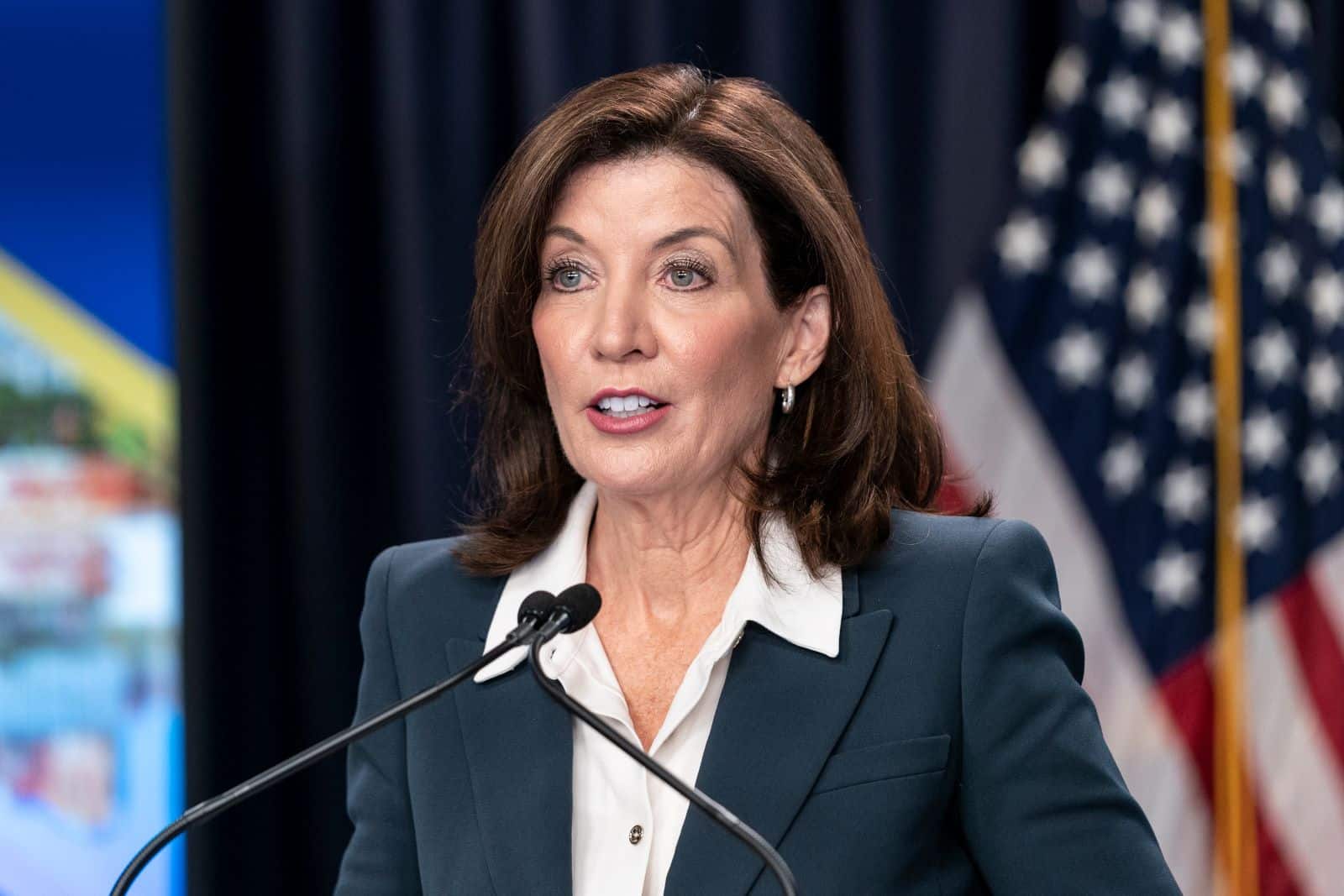
The governor’s plan not only addresses the logistical challenges posed by the migrant influx but also reflects a humanitarian approach to a complex issue affecting thousands of lives.
Impact on Local Communities
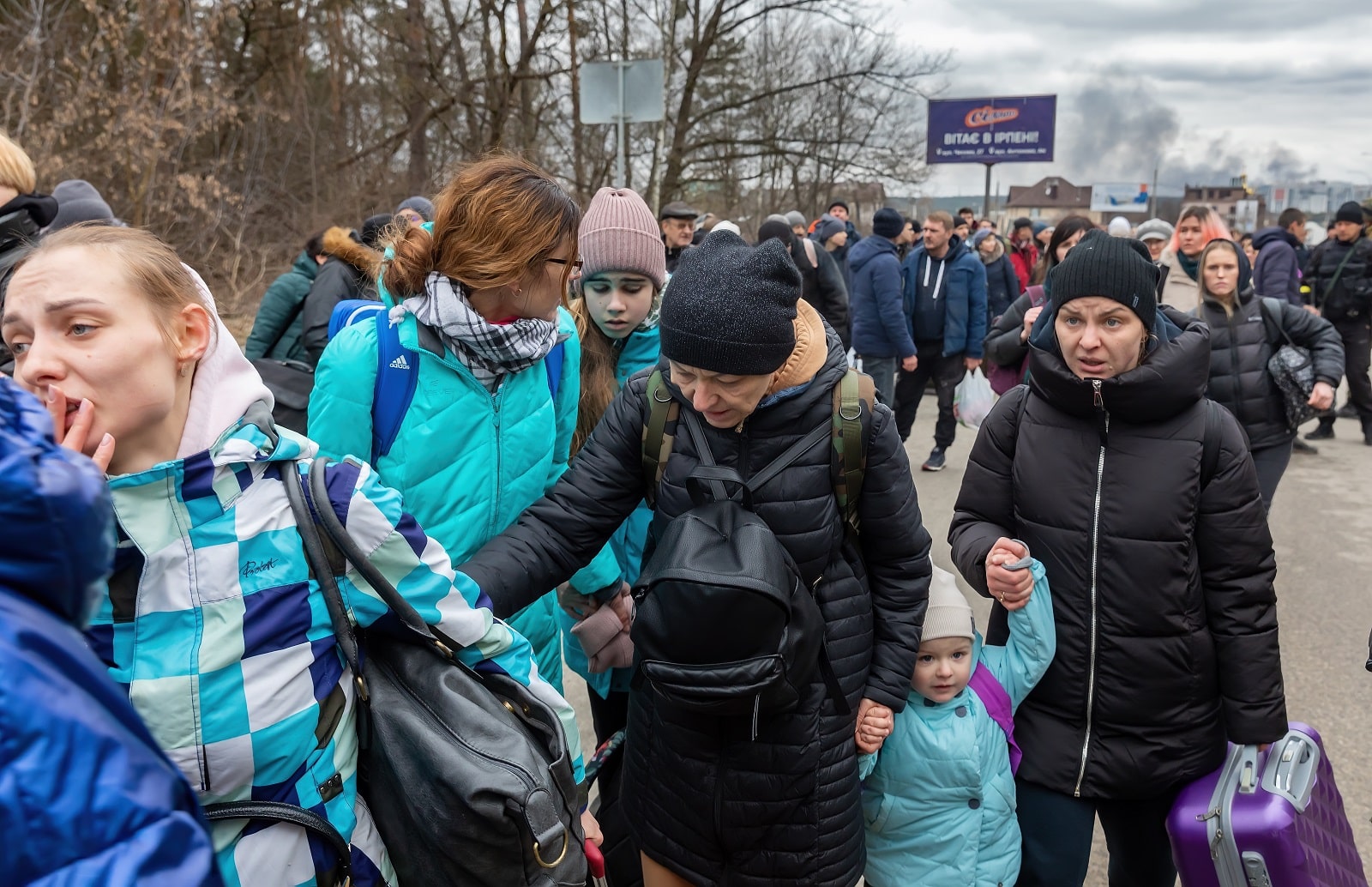
The influx of migrants has a profound effect on local communities, necessitating a response that balances immediate needs with long-term integration strategies.
Seeking Sustainable Solutions

The proposal highlights the need for sustainable solutions that respect the dignity and rights of migrants while ensuring the stability and prosperity of local communities.
A Call for Collaborative Effort
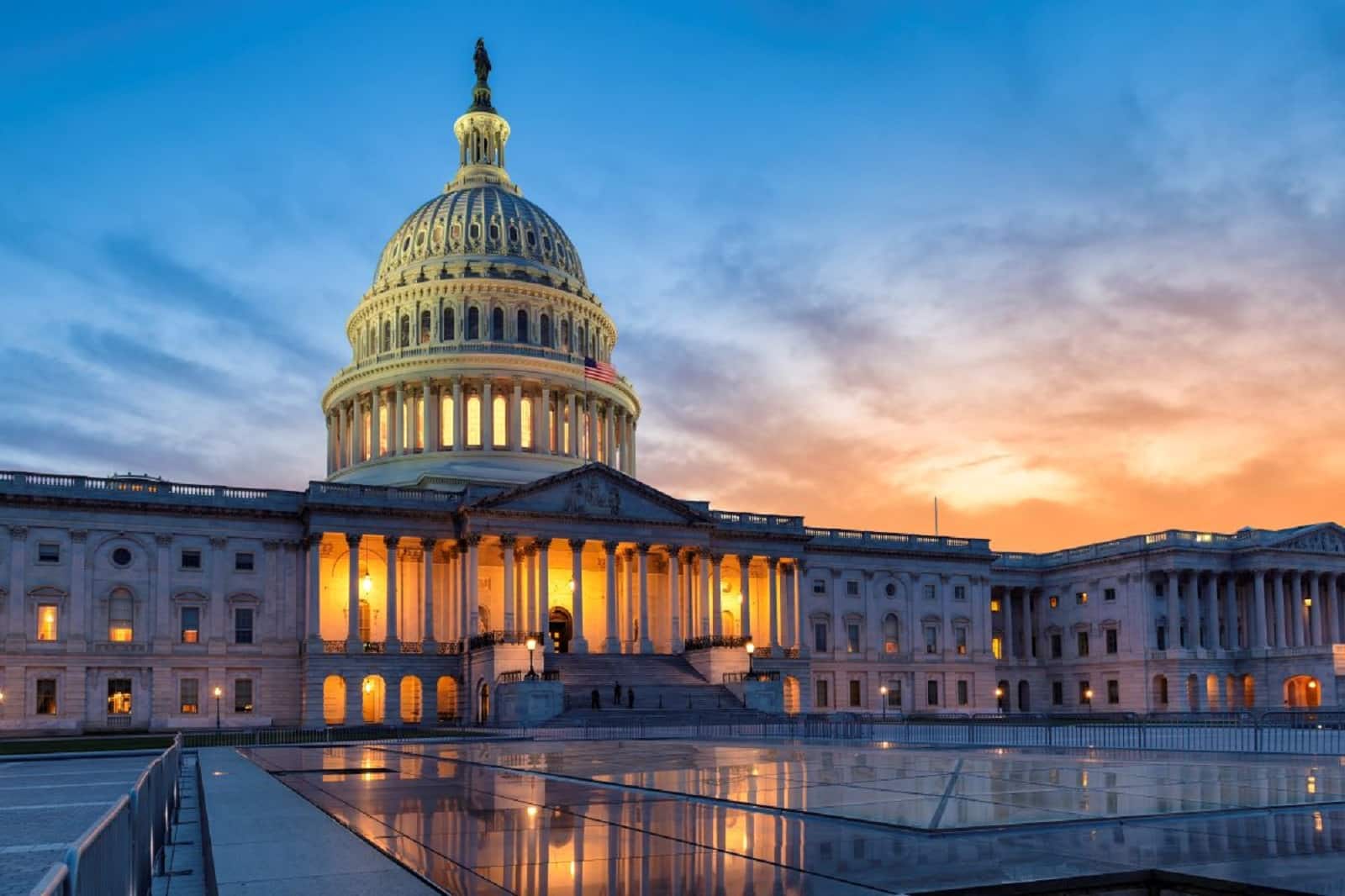
The situation underscores the importance of collaborative efforts between state and federal governments to address the challenges and opportunities presented by migration.
Looking Ahead
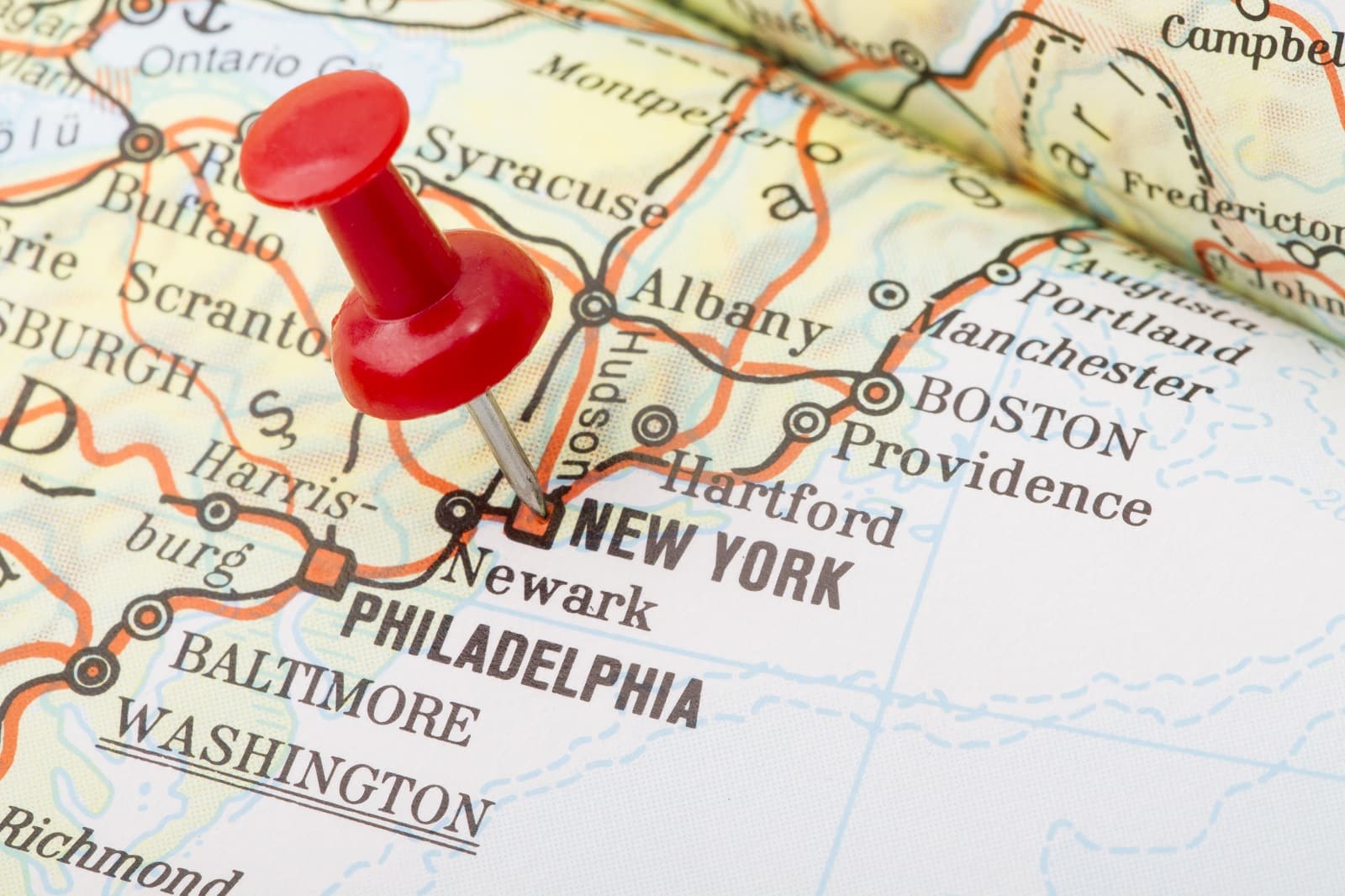
As New York navigates this complex issue, the outcome of these efforts will have significant implications for both the state and its residents, highlighting the need for effective, compassionate governance in the face of challenging circumstances.
The post Addressing the Financial Impact of Sanctuary Cities: New York’s $2.4 Billion Plan first appeared on Swift Feed.
Featured Image Credit: Shutterstock / lev radin.

